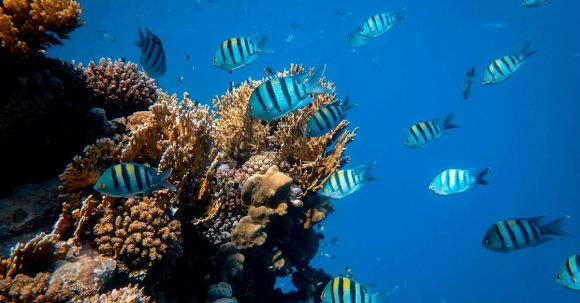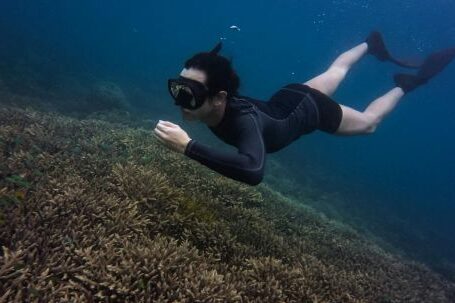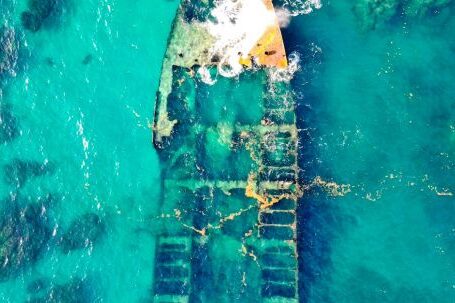Coral reefs are not only stunningly beautiful, but they also play a vital role in maintaining the health of our oceans. These vibrant ecosystems are home to a diverse array of marine life and serve as a source of food and income for millions of people worldwide. However, coral reefs are facing unprecedented threats due to climate change, pollution, overfishing, and destructive fishing practices. To ensure a sustainable future for these precious ecosystems, it is crucial that we support and actively participate in coral reef conservation efforts.
Understanding the Importance of Coral Reefs
Coral reefs are often referred to as the “rainforests of the sea” due to their immense biodiversity. They provide a habitat for countless species of fish, invertebrates, and plants, many of which are not found anywhere else on Earth. These ecosystems also act as natural barriers, protecting coastal communities from storm surges and erosion. Additionally, coral reefs contribute to the overall health of our oceans by filtering and recycling nutrients, and they serve as a significant carbon sink, helping to mitigate climate change.
Threats to Coral Reefs
Despite their importance, coral reefs are under immense pressure from human activities. Rising sea temperatures caused by climate change are leading to coral bleaching events, where corals expel the symbiotic algae living in their tissues, resulting in their death. Pollution from agricultural runoff, sewage, and plastics further degrades water quality, harming corals and other marine life. Overfishing and destructive fishing practices, such as dynamite fishing and the use of cyanide, also contribute to the decline of coral reefs.
Supporting Coral Reef Conservation Efforts
There are several ways individuals can support coral reef conservation efforts and contribute to a sustainable future:
1. Raise Awareness: Spread the word about the importance of coral reefs and the threats they face. Educate friends, family, and your community about the need to protect these fragile ecosystems.
2. Reduce Your Carbon Footprint: Climate change is one of the biggest threats to coral reefs. Take steps to reduce your carbon emissions by conserving energy, using public transportation, and supporting renewable energy sources.
3. Practice Responsible Tourism: When visiting coral reef destinations, choose operators who prioritize sustainable practices. Avoid touching or stepping on corals, and never purchase souvenirs made from coral or other marine life.
4. Support Marine Protected Areas: Many countries have established marine protected areas (MPAs) to conserve coral reefs and other marine habitats. Donate to or volunteer with organizations working to establish and manage MPAs.
5. Consume Sustainable Seafood: Overfishing is a significant threat to coral reefs. Choose sustainably sourced seafood and avoid species that are overexploited or caught using destructive fishing methods.
6. Get Involved Locally: Join local community groups or organizations that are actively involved in coral reef conservation. Participate in beach cleanups, coral restoration projects, or citizen science initiatives.
The Road Ahead
Coral reef conservation is a complex and multifaceted challenge that requires collective action. Governments, international organizations, communities, and individuals all have a role to play in protecting these fragile ecosystems. By supporting efforts to reduce greenhouse gas emissions, combat pollution, and promote sustainable fishing practices, we can contribute to a future where coral reefs thrive and continue to provide invaluable benefits to our planet.
In conclusion, coral reef conservation is an urgent priority. These vibrant ecosystems are under threat from climate change, pollution, overfishing, and destructive fishing practices. However, by raising awareness, reducing our carbon footprint, supporting sustainable practices, and getting involved locally, we can help protect these invaluable ecosystems for future generations. Together, we can support efforts for a sustainable future where coral reefs flourish and continue to enrich our oceans.





